Living Lakes Webinar Series
Join the Living Lakes monthly webinars to learn about practical solutions and the latest trends on nature conservation, relevant international agreements and frameworks, and much more.
Experts from different countries and backgrounds will interactively share experiences and knowledge on multiple topics with a common focus – the protection and sustainable use of aquatic ecosystems.
Targeting practitioners, students and policy-makers, the webinars will equip the audience with real life management skills to lead effective conservation.

Every third Tuesday of the month

2 – hour webinar

English language
Scheduled Webinars
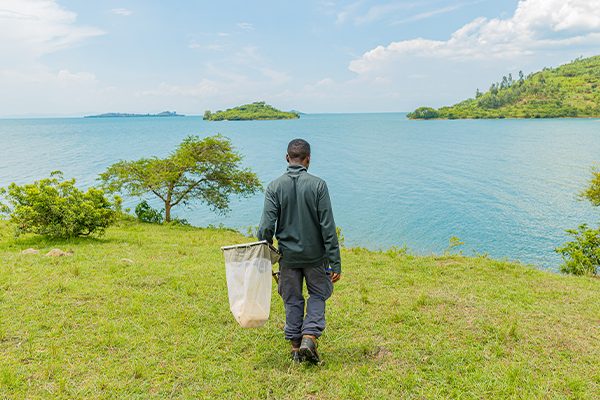
Wetlands Driving Sustainable System Change
- 20.01.2026
- 12.00 UTC
This webinar explores wetlands as powerful drivers of systemic transformation toward sustainability. Beyond their ecological functions, they support climate resilience, biodiversity conservation, and sustainable livelihoods, making them critical to achieving broader environmental and socio-economic goals. By integrating wetlands into landscape planning, climate adaptation, and water management, we can shift from exploitative to regenerative systems. Protecting and restoring wetlands is not just conservation—it’s a strategic lever for transforming how we interact with nature and build a resilient future.
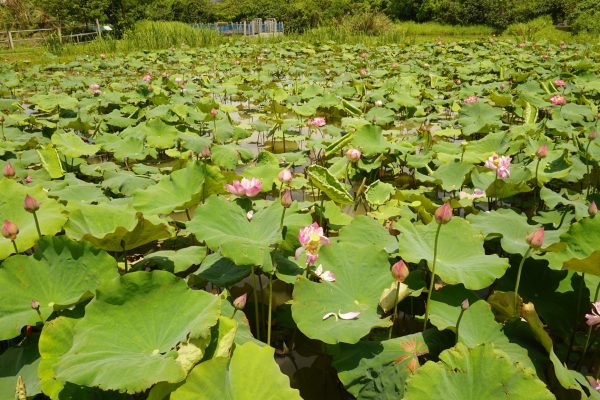
Cleaner Waters: Wetlands and Water Health
- 17.02.2026
- 12.00 UTC
This webinar explores the vital role of wetlands in maintaining and improving water quality. Participants learn how wetlands act as natural filters, removing sediments, nutrients, and pollutants from surface and groundwater through biological, chemical, and physical processes. The session highlights case studies demonstrating how protecting and restoring wetlands can significantly reduce the cost of water treatment, enhance ecosystem resilience, and contribute to cleaner, safer water for people and nature. It raises the issue of integration of wetlands into water management strategies and emphasizes the importance of policy support, local stewardship, and cross-sector collaboration to protect these crucial ecosystems.
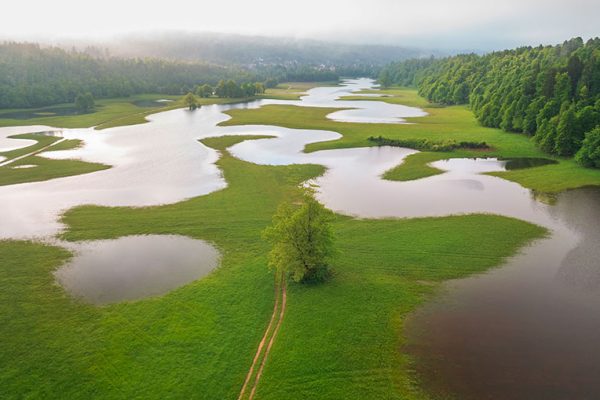
Protecting Communities: Wetlands in Disaster Risk Management
- 17.03.2026
- 12.00 UTC
This webinar explains how wetlands play a key role in reducing natural disaster risks by acting as natural buffers. They absorb floodwaters, reduce storm surge, and stabilize shorelines, protecting communities from floods, droughts, and coastal erosion. Preserving and restoring wetlands is a cost-effective, nature-based solution for building climate and disaster resilience. The session dwells upon the sustainable use of natural ecosystems and processes to help societies adapt to the impacts of climate change and build climate and disaster resilience. Restoring wetlands, reforesting degraded land or green urban spaces can become sustainable, and effective tools for both helping human and natural systems adapt to climate change impacts and delivering long-term environmental and social benefits.
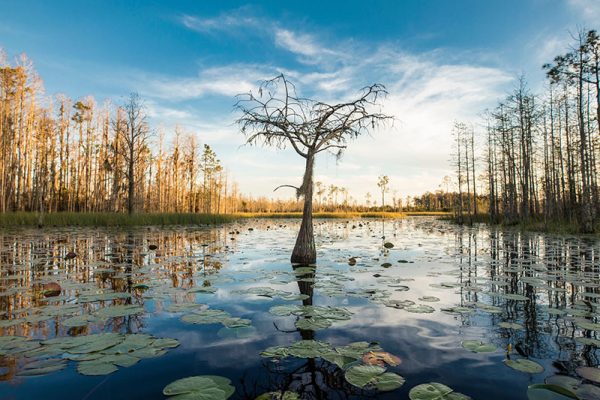
Restoring Wetland Ecosystems: From Degradation to Resilience
- 21.04.2026
- 12.00 UTC
This webinar provides an in-depth look at the importance, methods, and benefits of wetland restoration. Participants learn how restoring degraded wetlands helps recover lost ecosystem functions, such as flood control, water purification, carbon storage, and biodiversity support. Case studies illustrate successful restoration efforts across different regions, highlighting both ecological and socio-economic outcomes. This session will dwell upon biodiversity credits in connection with restoration of ecosystems, agroforestry and reforestation, showing that wetland restoration can become a powerful nature-based solution to combat climate change, enhance resilience, and support sustainable development.
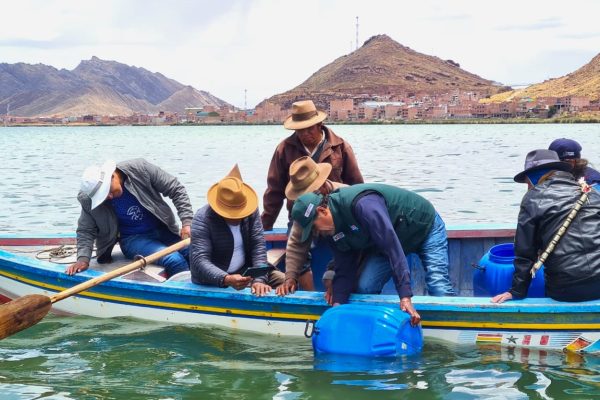
Sustainable Aquaculture for Healthy Wetlands
- 19.05.2026
- 12.00 UTC
This webinar explores the balance between aquaculture development and the conservation of wetland ecosystems. Participants learn how sustainable aquaculture practices can support food security and livelihoods while minimizing environmental impacts on wetlands. The participants will learn about integration of aquaculture into wetland landscapes responsibly, reduction of pollution and habitat degradation through eco-friendly farming methods as well as policy frameworks and community-based approaches for co-management. The session highlights successful examples of low-impact aquaculture that aligns with wetland conservation goals, emphasizing that smart planning and innovation can lead to mutually beneficial outcomes for both nature and people.
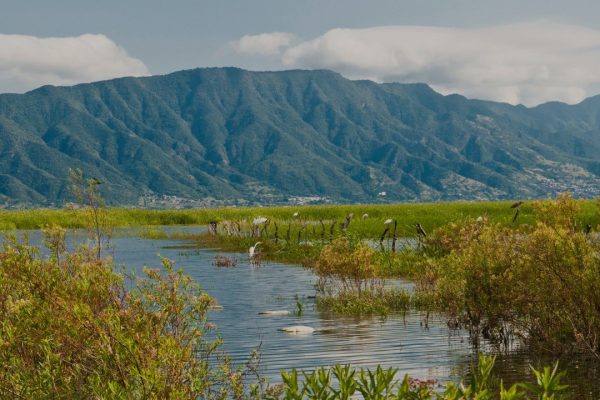
Towards Resilient Landscapes: Agriculture and Wetland Protection
- 16.06.2026
- 12.00 UTC
This webinar focuses on a multiple land-use as a tool for conservation and on the need to harmonize agricultural practices with wetland conservation to ensure long-term ecological and economic sustainability. Participants explore how sustainable agriculture can reduce pressure on wetlands by minimizing water extraction, agrochemical runoff, and land degradation. Case studies showcase successful approaches where farm productivity and wetland health go hand-in-hand, highlighting the importance of collaboration between farmers, conservationists, and policymakers.
Past Webinars

International Cooperation and Conservation Tools
Learn about important international networks and initiatives such as ILEC, Youth Engaged in Wetlands (YEW) and the Africa Great Lakes network. Get to know useful tools and data bases to support your conservation work and to learn about your lake.
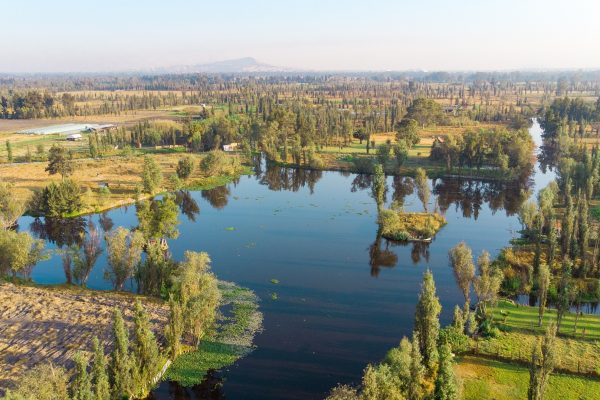
Wetland & Limnology Basics
Learn about the ecological functioning, types and classification of lakes and wetlands to support your management decisions with sound expertise on threads and trends.
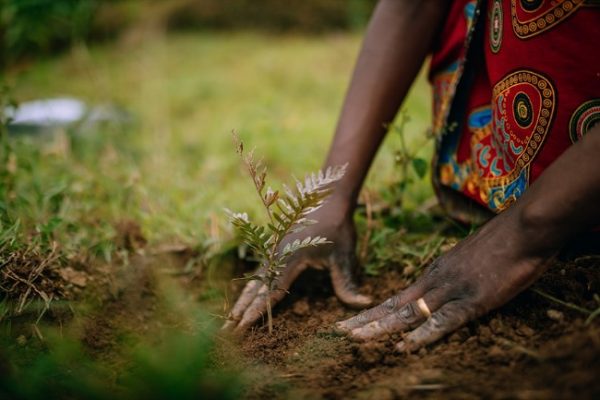
Wetlands and Threats
Lakes and wetlands have been largely lost over the past 300 years, and at an increasing speed in recent decades. In the midst of climate change, overuse, drainage and exploitation, pollution and invasive species still have a huge impact on lakes.

Basics in NGO Management
Learn about basics in corporate social responsibility and sustainable management of non- profit organizations and get to know the most important international actors in wetland protection.

Sustainable Governance and Leadership in NGOs
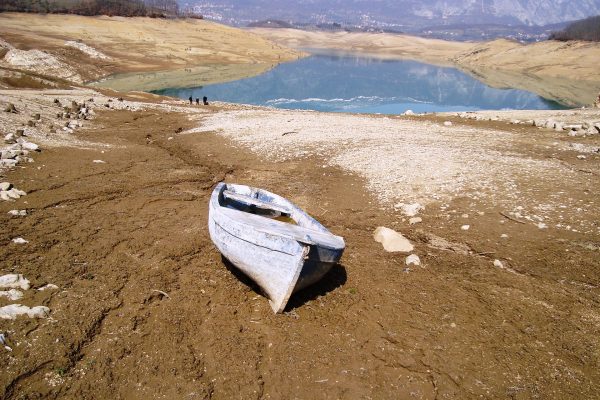
Wetlands and Climate Change
Learn about the most important global trends and their impact on wetlands. You will get an insight on which tools are used at the global level for wetland protection.
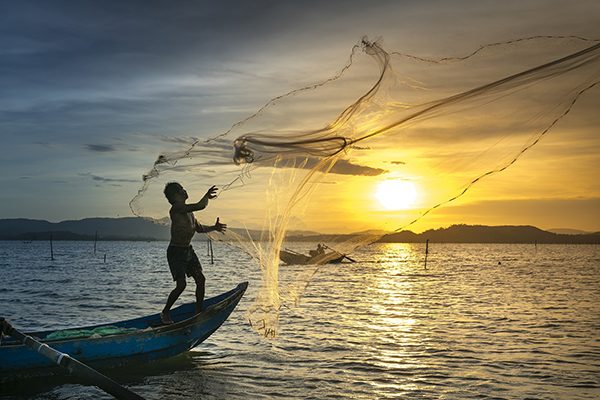
What works to make Inland Artisanal Fisheries more Sustainable?
Learn from examples around the world about different approaches to improving the livelihoods of fishing communities, while sustainably managing fisheries resources and endangered fish species.
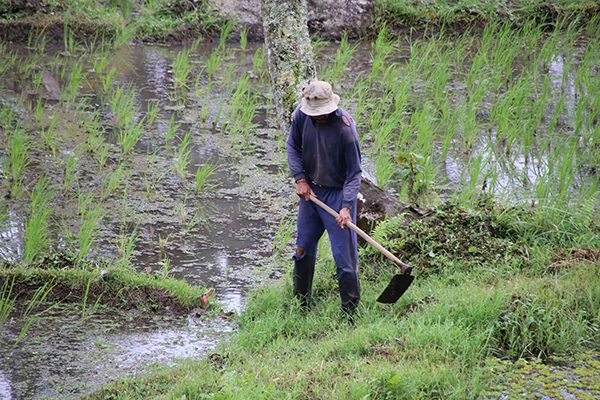
Sustainable Agriculture as a Key Factor in Lake Basin Management
Learn about methods to reduce the serious impacts of agriculture on open water bodies, to adapt to the consequences of climate change and to involve local farming communities in the protection of their landscape and water resources.
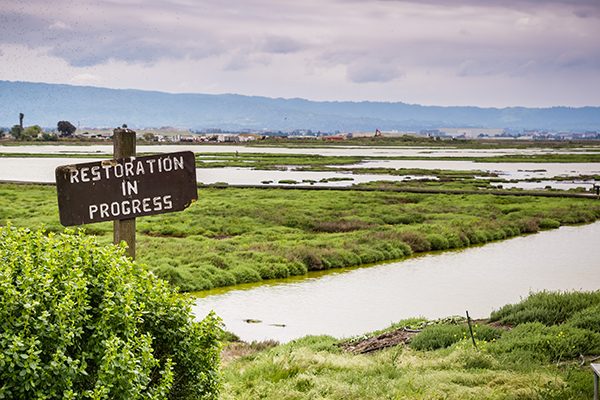
Wetland Restoration from Patch to Landscape - Involving Communities in Small and Large Scale Restoration Activities
Learn from India, South Africa and Guatemala how community-based restoration can move from a small patch to a landscape approach. What are the key factors to involve and engage local people in protecting mangroves, gallery forests and montane rainforests?
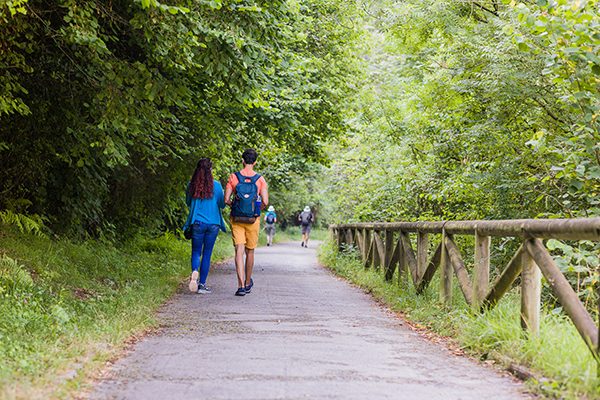
Sustainable Tourism as an Ally in Protected Area Management
Learn from conservation experts around the world how tourism activities can support the implementation of conservation measures in protected areas and beyond, and what tools and methods are qualified to engage tourism businesses in this approach.
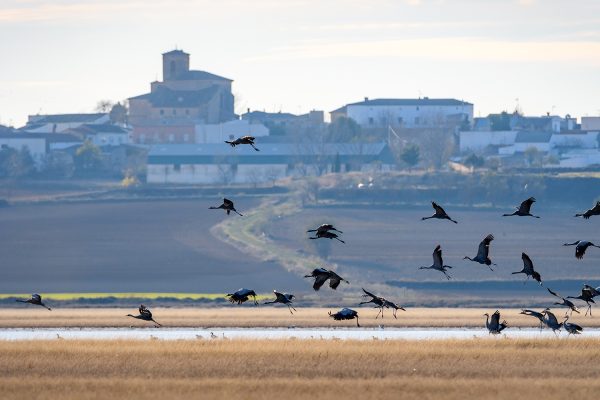
Restoring saline wetlands: oases of biodiversity in arid environments
Saline wetlands have a high concentration of salts in their waters. This particularity conditions the life of all the species of plants and invertebrates that inhabit them. This webinar discuss the characteristics and peculiarities of these reservoirs of biodiversity typical of steppe areas in Europe or Asia.
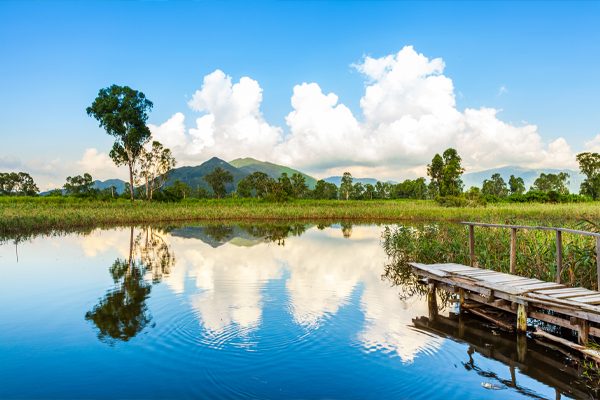
Wetlands Basics: Global Status, Threats, and Conservation Strategies with a Focus on Tropical and Subtropical Lakes
This seminar explores the current status and pressing threats facing wetlands around the world, with particular emphasis on tropical and subtropical lakes. An overview of the latest scientific research and conservation evidence, highlighting international trends and their critical implications for biodiversity and climate change.
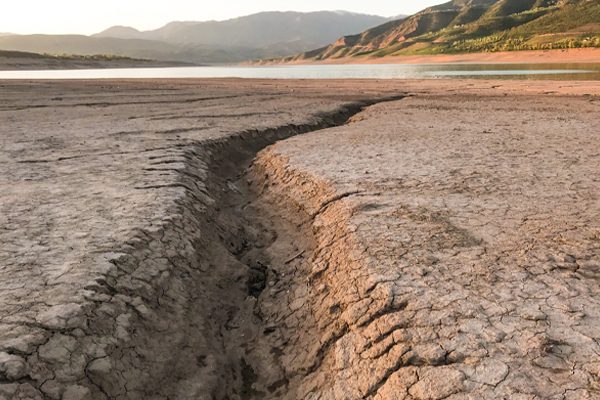
Wetlands and Threats: The Rapid Decline of Lakes and Wetlands in the Face of Global Challenges
This webinar examines the alarming decline of lakes and wetlands over the past 300 years, with an accelerated loss in recent decades. As climate change intensifies, these vital ecosystems are increasingly threatened by overuse, drainage, pollution, and invasive species. The session explores the critical impacts these factors have on lakes and wetlands, highlighting the urgent need for conservation efforts to protect these essential habitats in a rapidly changing world.
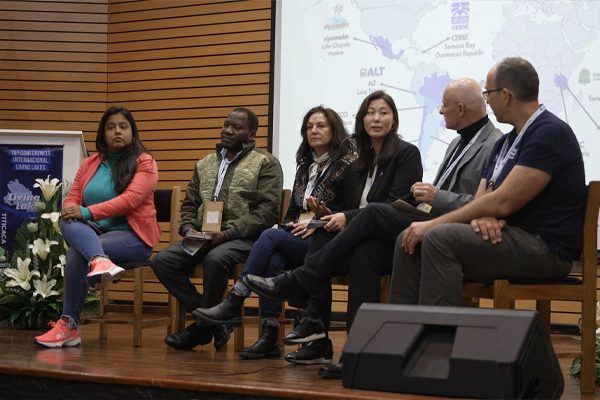
Global Organizations in Lake and Wetland Management: Key Players and Their Roles
This webinar provides an overview of leading international organizations involved in lake and wetland management (UNEP, RAMSAR, ILEC, INBO, YEW, Wetlands International, the Wildfowl & Wetlands Trust, WWF). Each organization’s contributions to conservation, policy, and scientific research will be highlighted, along with their impact on global wetland management. The session concludes with an overview of the Global Nature Fund’s (GNF) role in coordinating efforts across these organizations.
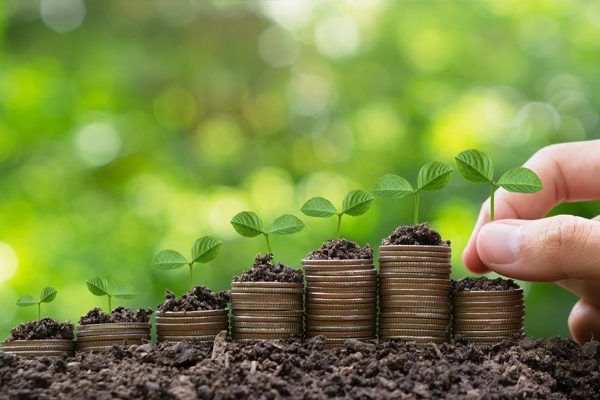
International Funding Schemes for Wetland Restoration: Opportunities and Strategies for Conservation Projects
This webinar explores various international funding schemes available for wetland restoration initiatives. Participants learn about key funding sources, grant programs, and financial strategies that support conservation efforts worldwide. The session also provides practical guidance on accessing and applying for these funds, helping organizations and projects secure the resources needed to restore and protect vital wetland ecosystems.

Wetlands and Climate Change: Biodiversity Credits & Teal Carbon as new tools in financing wetland restoration
This webinar explores the critical relationship between wetlands and climate change, focusing on current trends, consequences, and the associated risks. We will discuss the vital role wetlands play in climate mitigation, particularly through teal carbon—the carbon captured and stored in wetland ecosystems. The session will also introduce biodiversity credits as a tool for financing wetland restoration protecting and enhancing wetlands to combat climate change.

Certifications for Enhanced Wetland Management: Agriculture, Tourism, Aquaculture and Carbon Sequestration
This webinar explores how certifications can serve as powerful tools for improving wetland management across various sectors, including agriculture, tourism, aquaculture, fisheries, and forestry. We examine specific certification standards, such as CO2 sequestration standards and REDD+, that contribute to sustainable practices and better ecosystem preservation. Attendees gain insights into how these certifications help protect wetlands, promote sustainable development, and support global environmental goals.

Empowering Communities (Part I): Income Generation and diversification as a Tool for Ecosystem Conservation (Focus on (Eco-)Tourism)
This webinar explores how creating new income opportunities within communities can serve as a powerful strategy to reduce pressure on ecosystems. By examining successful examples from various regions, we discuss how initiatives such as sustainable tourism, cooperative agriculture, and reforestation projects can both support local livelihoods and promote environmental conservation. Participants gain insights into how fostering economic growth in harmony with nature helps to protect ecosystems and ensure long-term sustainability.
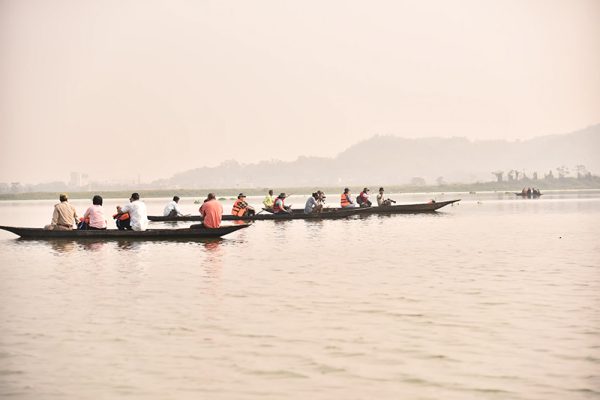
Empowering Communities (Part II): Income Generation and diversification as a Tool for Ecosystem Conservation (Focus on Restoration & Sustainable Agriculture)
This webinar continues the exploration of the important topic of Empowerment of Communities. It gives further insides in income generation and diversification as a tool for ecosystem conservation with a focus on Restoration & Sustainable Agriculture. By examining successful examples from various regions, we will discuss how such initiatives can both support local livelihoods and promote environmental conservation.

Technology Approaches, Traditional Knowledge and Community Engagement in Wetland Restoration
This webinar showcases technological innovations and tools used in wetland restoration and share examples of youth-led tech-based solutions for biodiversity conservation. The webinar also explores the integration of Indigenous and local knowledge systems into wetland conservation strategies, highlighting youth-led community engagement projects that respect and incorporate traditional knowledge.
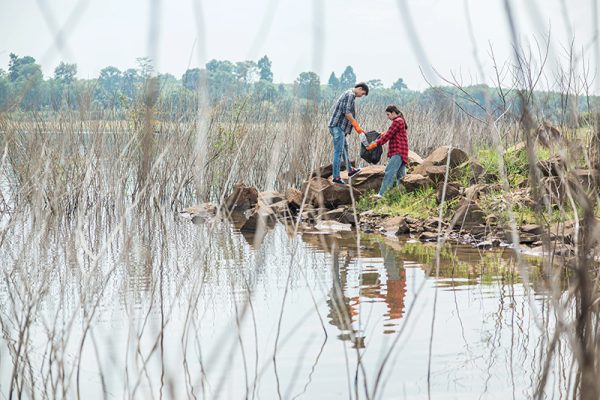
Scaling Up Wetland Restoration: Transitioning from Project to Program
This webinar focuses on the strategies and challenges of scaling up wetland restoration efforts from individual projects to comprehensive programs. We explore effective approaches for expanding restoration initiatives, including best practices, case studies, and the tools needed to manage larger-scale projects. Attendees gain insights into the process of transforming successful local efforts into broader programs that can achieve significant environmental impact and sustainability.
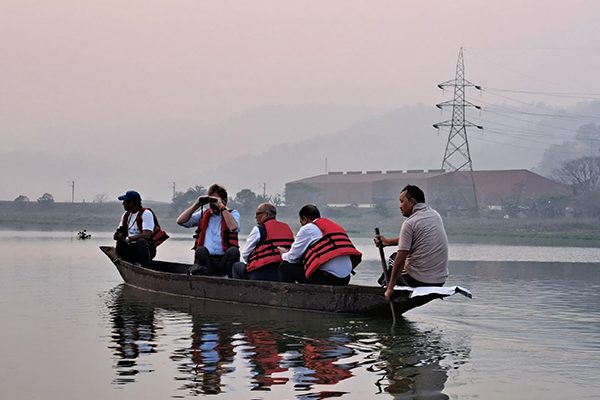
Wetland Basics: Nature’s Hidden Powerhouses
In this introductory webinar, participants explore the fascinating world of wetlands. Through a wide range of facts and figures, visuals, and examples, the session gives a clear understanding of what wetlands are, why they matter, and how they function. The webinar highlights different types of wetlands and their essential ecological functions wetlands perform. Moreover, it explores the term ecosystem and sets the international framework and rules for the protection and sustainable development of wetlands. Participants will also learn about the growing threats to wetlands globally.
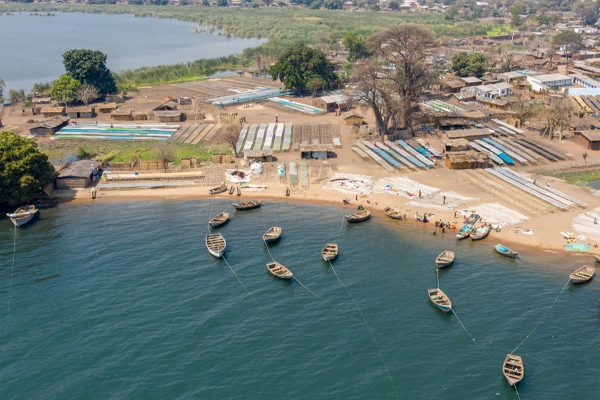
The Value of Wetlands: Facing Challenges, Finding Solutions
This webinar focuses on the critical ecosystem services provided by wetlands and explores the pressing challenges threatening water-based ecosystems, along with practical solutions for their protection and sustainable use, emphasizing both international frameworks like the Ramsar Convention and grassroots community initiatives. Participants examine key pressures on wetland ecosystems, such as land-use change and urban expansion, agricultural runoff and water pollution, climate change, overextraction of water resources or fragmentation and loss of habitat. They discuss multi-level-solutions and learn, how individuals can get involved in wetland conservation, recognizing the value of wetlands in climate resilience, water security, and sustainable development.
